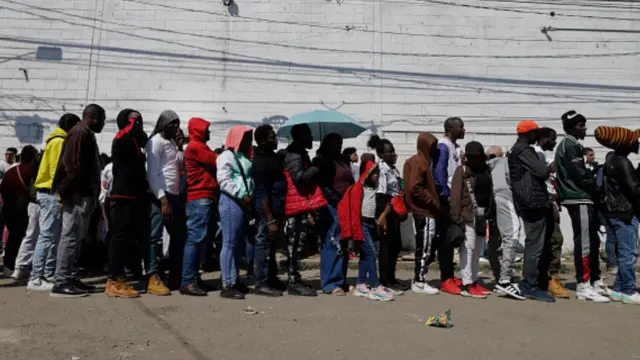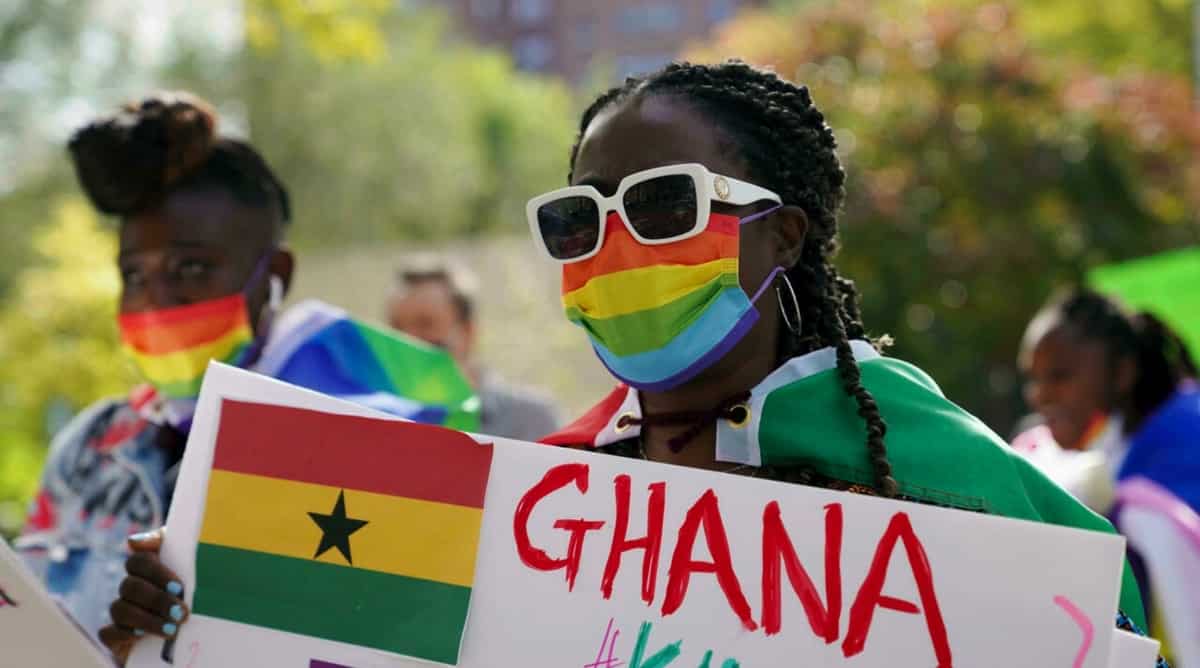Approximately 156 Ghanaians are facing imminent deportation from the United States following an executive order by former U.S. President Donald Trump to deport illegal immigrants.
This was revealed by Foreign Affairs Minister-designate Samuel Okudzeto Ablakwa last Friday during his interaction with Parliament’s Appointments Committee. He emphasized that the government is closely monitoring the situation to safeguard the rights of the affected individuals.
“There have been reports suggesting that about 6,200 Ghanaians will be affected by the mass deportation from the United States. However, based on the official brief I have received from the Ministry of Foreign Affairs, the actual number currently communicated to us from Washington, D.C., stands at 156, not 6,200,” he clarified.
Mr Ablakwa further noted that the government is working in collaboration with Ghana’s consulate in the U.S. to facilitate the deportation process and ensure its smooth execution. He reassured the affected individuals of the government’s commitment to providing them with the necessary support.
“We will not leave them to struggle on their own. The government of Ghana and its people care about their plight, and we are doing our best to extend consular assistance to them,” he assured.
Meanwhile, on January 26, President Trump initiated a comprehensive immigration enforcement operation, enlisting multiple federal agencies. According to U.S. Immigration and Customs Enforcement (ICE), this operation has already resulted in the arrest of nearly 1,000 individuals.
As part of a broader strategy to strengthen immigration enforcement, ICE agents, supported by officials from various Justice Department agencies, have been targeting individuals classified as threats to public safety and national security. The operation is expected to continue in the coming weeks.
The Ghanaian government remains engaged with U.S. authorities to monitor developments and ensure the well-being of its citizens affected by the ongoing deportations.
The government is set to establish a Consular Fund to provide financial support for Ghanaians in distress abroad, particularly those affected by mass deportation exercises in the United States.








